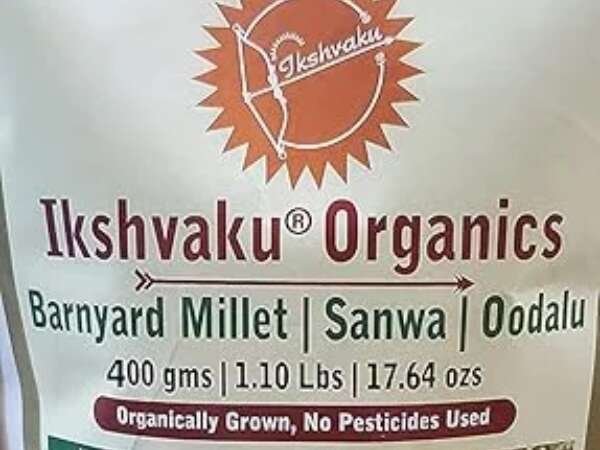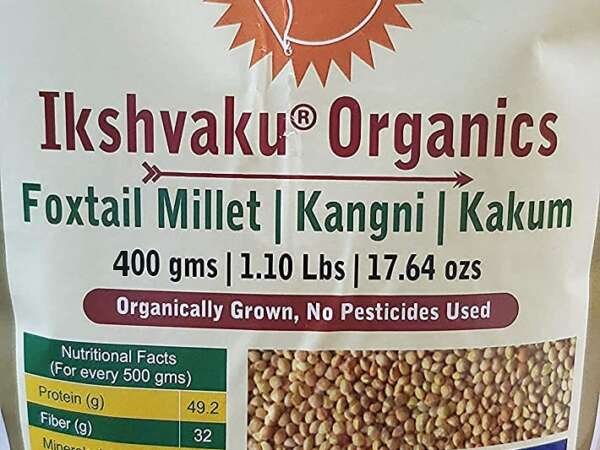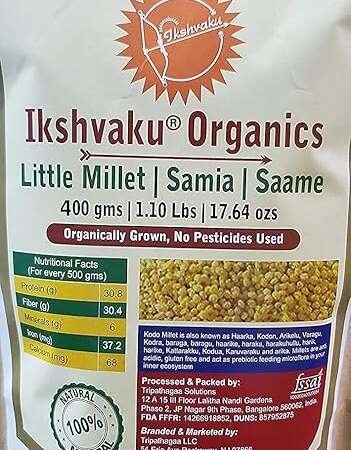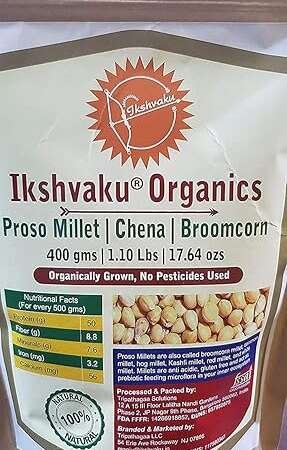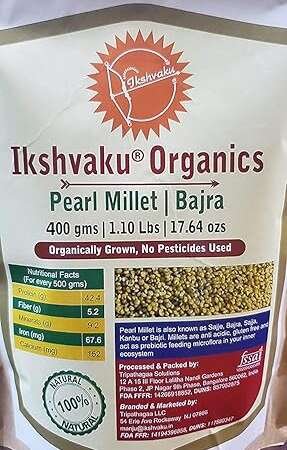Millet is a group of small-seeded grasses that are widely cultivated as cereal crops in many parts of the world, especially in Asia and Africa. Known for its resilience in arid and semi-arid regions, millet is an important food source due to its adaptability to harsh environments and its nutritional benefits.
Nutritional Benefits of Millet:
Millets are considered a superfood due to their high nutritional value:
- Gluten-Free: Millet is naturally gluten-free, making it a suitable grain for people with gluten intolerance or celiac disease.
- Rich in Fiber: Millets are high in dietary fiber, promoting good digestion and aiding in weight management.
- Protein-Rich: Although not as high in protein as quinoa, millet provides a good amount of plant-based protein, which is beneficial for vegetarians and vegans.
- Vitamins and Minerals: Millets are rich in B vitamins (especially niacin), iron, magnesium, phosphorus, and calcium.
- Antioxidants: Some types of millet, especially finger millet (ragi), are known for their high levels of antioxidants, which help combat oxidative stress in the body.

